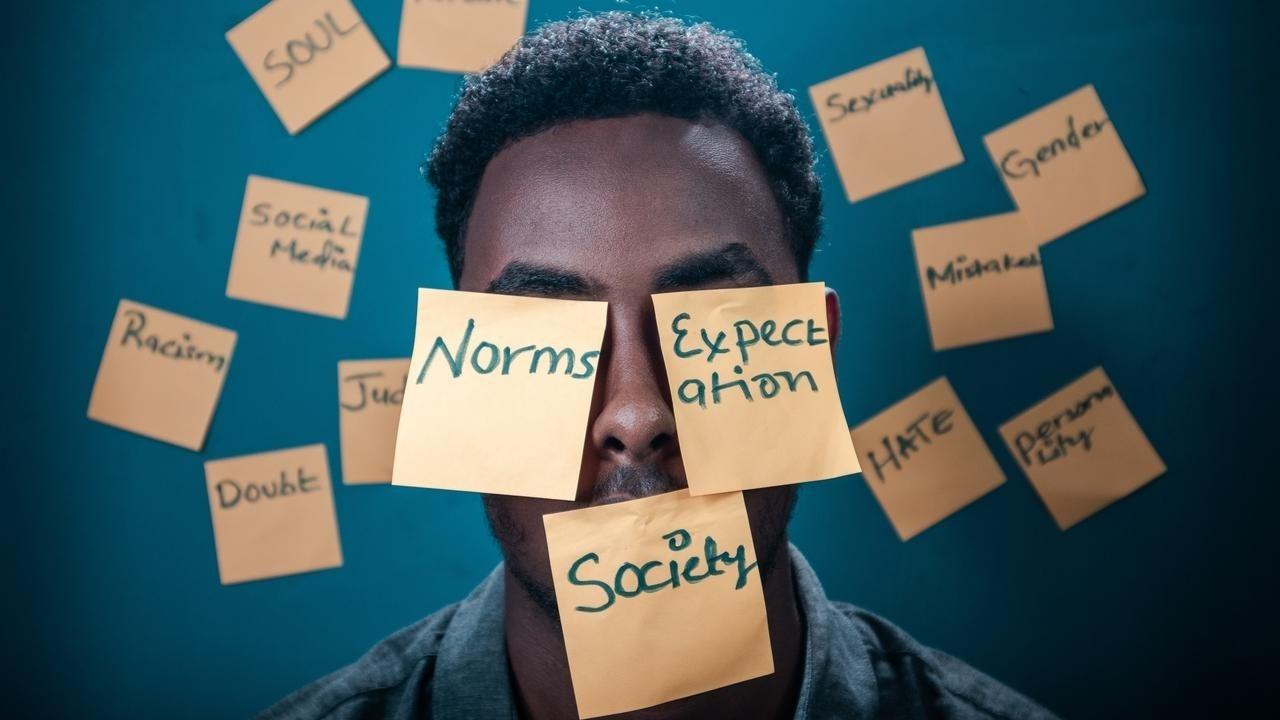Where does self doubt and imposter syndrome come from?

Life experiences can sow seeds of doubt into our minds. Many people grew up in families where self-worth and value is associated with achievement.
There is often confusion between praise and criticism, thus criticism sets the standard of which imposters measure themselves by.
Imposters then enter society and more pressures and negative comments, seemingly failures, external events or relationships become internalized.
These internalized negative experiences replay in our minds and become a part of our subconscious thoughts and beliefs. As the events, experiences and emotions are charged with energy, the replaying of such experiences gives self-doubt power and life.
We struggle to break the cycle of self-doubt and continue to feed our negative thoughts and become a servant to our unruly mind.
Honouring and Serving,
Simran K. Rattan MD
Content support Maria Peach
What is Imposter syndrome? How does self-doubt affect us?

Dr. Valerie Young has over 40 years of experience in extensive research and interviewing people from all walks of life. She has identified five different types of Imposters which are:
1. The Perfectionist
— the person who focuses on how something is done and the outcome.
2. The Expert
— the person who worries on how much one knows and what they can do. Minor lack of knowledge can bring about shame.
3. The Soloist
— feels they have to do everything on their own otherwise will be considered weak asking for help.
4. The Natural Genius
— focused on the length of time to complete something as the high expectation is one's competency should be able to get it done as soon as possible.
5. The Superwoman / Superman / Superstudent
— feels any lack of being able to manage many roles is a complete failure whether it be, a combination of work, family, being a parent, social groups and activities, community commitments and the like.
Some people relate to many or all of these imposter ro...
Self Doubt & Imposter Syndrome

Have you ever felt like you are undeserving of your achievements? Do you constantly strive to make yourself better at what you do, to the point of perfectionism, without stopping to appreciate how far you have come? Do you fear judgment and rejection because of your achievements? Does self-doubt elude and consume you?
Everyone goes through periods of self-doubt. However, with imposter syndrome, people have chronic self-doubt and high expectations of themselves. The difference between imposters and non-imposters are the thoughts and thought process, about different situations, scenarios and experiences. Imposters are harsh and critical of themselves and have unrealistic standards they require of themselves to meet. It can be harmful to our spiritual growth to place such high expectations on oneself, as it becomes difficult then to love oneself for our imperfections.
Some feelings a person suffering from imposter syndrome may have experienced, include:
* feelings of inadequacy at ...
